Breaking
- MENU
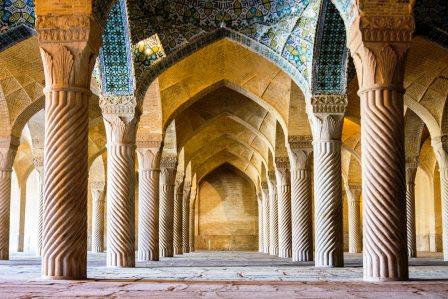
The tenth online MEI Speaks held on 2 September 2020 was a talk on Challenges Ahead: The Future of Iran-Japan Relationship by Professor Tanaka Koichiro of Keio University, Tokyo. The session was moderated by Professor Srabani Roy Chaudhury, Jawaharlal Nehru University, New Delhi.
Professor Koichiro began his talk with the observation that the US remains central to Japan-Iran relations. He delved into the history of ties that began following the Meiji Restoration. Japan dispatched its representative to the Middle East, including Iran, then under the Qajar dynasty. The observations made by the Japanese representative about the Persian lifestyle and worldview are documented and offer glimpses into Japan’s historical understanding of Iran. Professor Koichiro observed that the Iranians felt contented with the Japanese victory in the Russo-Japanese War in 1904-05, as Russia as an imperialist power wanted influence over Iran.
Professor Koichiro said that following the devastating World War II, Japan recognized the significance of resource-rich Iran as a stable energy supplier. For its part, Iran granted concessions to Japanese companies for oil exploration; however, it did not turn out to be successful. He underlined that following the Islamic Revolution in 1979, Japan continued its relations with Iran, given its dependence on Iranian oil. Japan tapped into Iran’s willingness to modernize its industry regardless of its hostility towards the West. Therefore, Japan remained its major trading partner and maintained its neutrality during the Iran-Iraq War.
He further underlined that currently, the bilateral relations between Iran and Japan is at its peak. In 2019, the Japanese Prime Minister Shinzo Abe became the first sitting Japanese Prime Minister to travel to Iran in 41 years. Later, in the same year, President Hasan Rouhani became the first Iranian President to visit Japan in 19 years. He noted that unilateral sanctions by the US are hurting Japan-Iran relations with Japan halting Iranian oil imports. The development of Chabahar Port has been a source of interest in Japan.
According to Professor Koichiro, the growing Chinese influence in Iran and other Middle East states has perturbed Japan. Japan supports the Joint Comprehensive Plan of Action (JCPOA) agreement and considers US unilateral sanctions against Iran as unfortunate. About Shinzo Abe’s resignation in September 2020, he said post-Abe Iran would continue to remain central to Japanese diplomacy in the Middle East.
A lively Q&A session followed the talk. On the question of the role of Quadrilateral Security Dialogue (also known as QUAD) in dealing with the Middle East, he said that Japan and India are similarly placed and should strive to persuade the US to review its position on JCPOA, following the upcoming US elections. Australia does not have a persistent policy on Iran, and it differs across the leadership. On JCPOA, Professor Koichiro clarified that Japan’s support for the agreement is informed by its backing for inspection in the Iranian nuclear facilities, short of which Iran would revert to its uncompromising stand, without any transparency to its nuclear programme.
About non-oil trade between Iran and Japan, he underlined that it has reached to its lowest, owing much due to US sanctions on international banking transactions. Japan is heavily reliant on the supply from the Middle East and is looking for energy diversification. Japan has also voiced its support for the UAE’s decision to establish diplomatic relations with Israel. On the question of official development assistance (ODA), he said that most of the oil and gas producers in the region are not eligible for ODA. Therefore, Japan provides aid to non-oil producing states like Jordan and Egypt. Professor Koichiro concluded with the observation that US support is essential for stable Iran-Japan relations.
Finally, Honorary Director MEI@ND concluded the session and thanked all the guests and participants.
As part of its editorial policy, the MEI@ND standardizes spelling and date formats to make the text uniformly accessible and stylistically consistent. The views expressed here are those of the author and do not necessarily reflect the views/positions of the MEI@ND. Editor, MEI@ND: P R Kumaraswamy
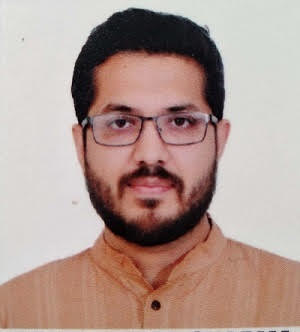
Rohit Kumar Sharma is a research scholar in Centre for West-Asian Studies, JNU. He is a law graduate and holds a master’s in international relations from South Asian University and his master’s dissertation examined the Hindutva discourse on Israel. Currently, he is working on Evolution of Cyber Security in Israel for his M Phil degree.
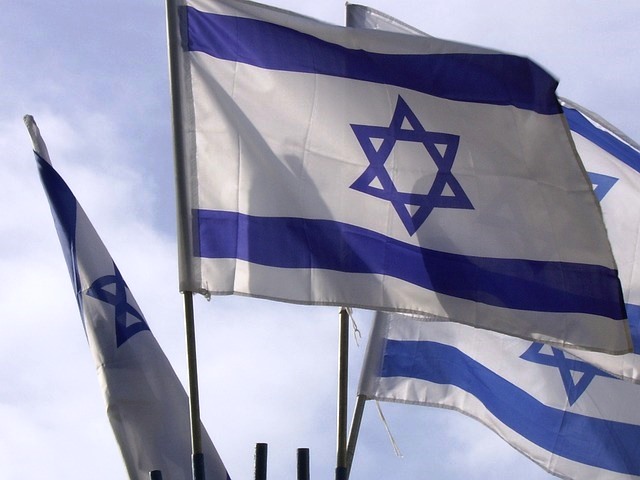
After being in the news for years and most of it for the wrong reasons, Shalev Hulio, co-founder and.....
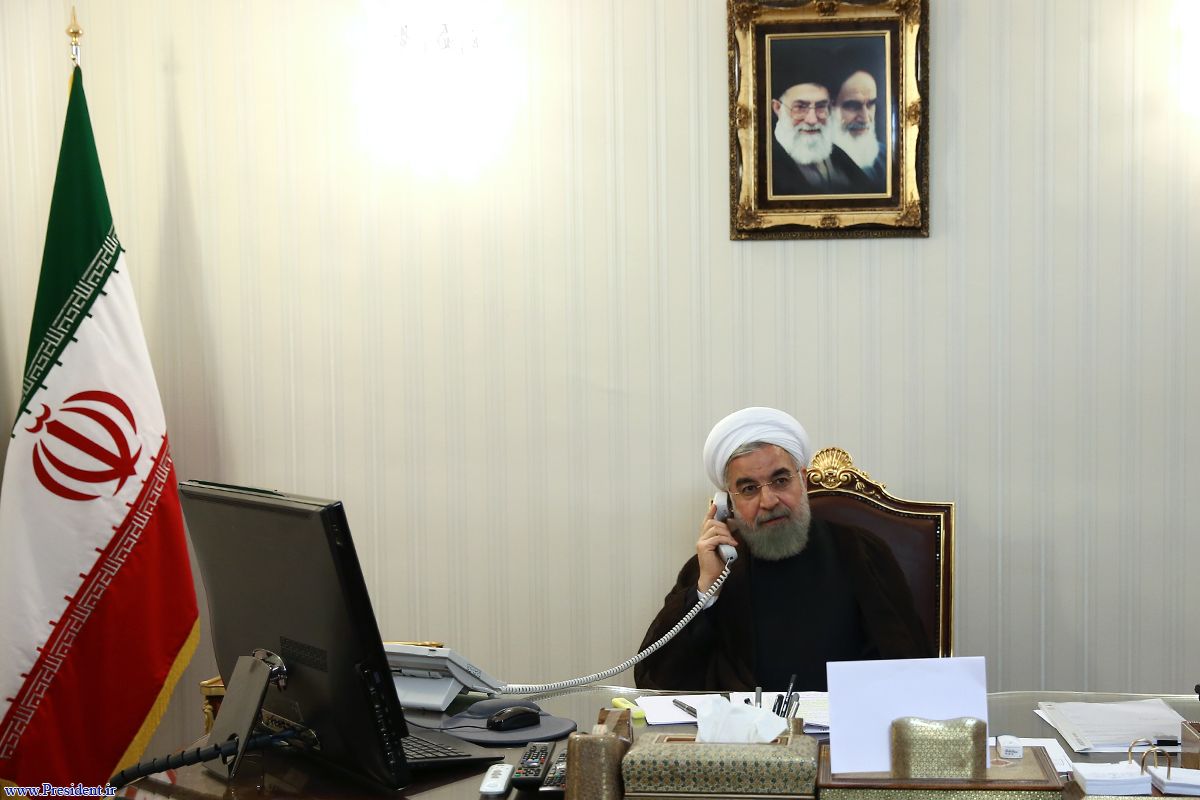
©MEI Exclusive In the recent 11-day Israeli-Palestinian armed conflict both sides reported a.....
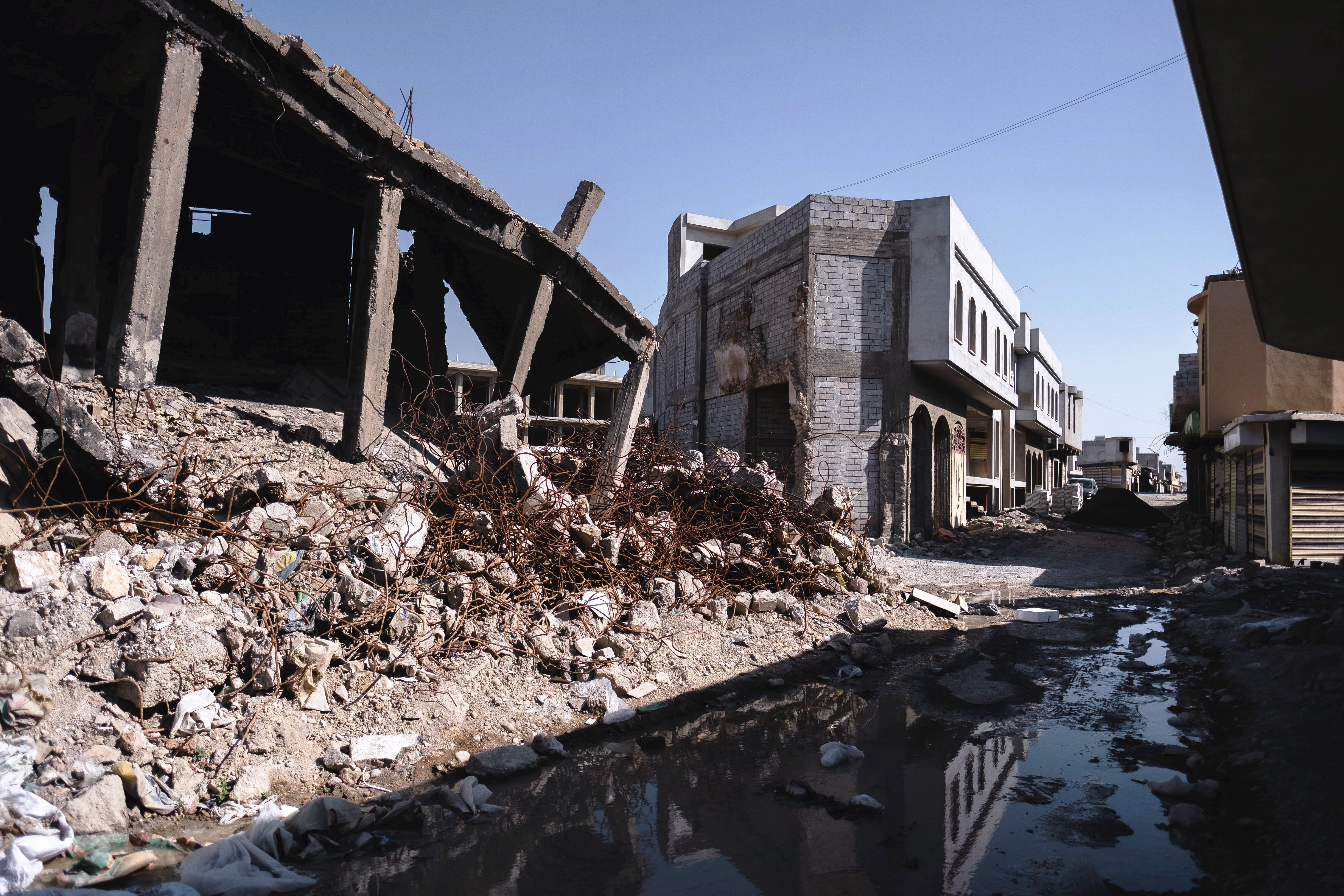
The twelfth MEI Speaks held on 16 September 2020 was a book discussion on Islamism, Crisis and Democ.....
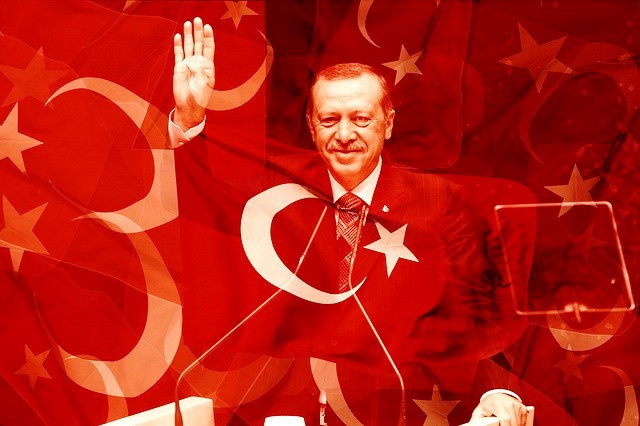
The eleventh MEI Speaks held on 9 September 2020 was a book discussion on Erdogan’s Turkey: Po.....
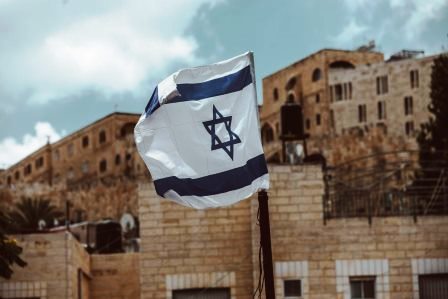
The ninth MEI Speaks on 26 August 2020 was a talk on Israel’s Bridge to the Gulf by Mr. Jason .....
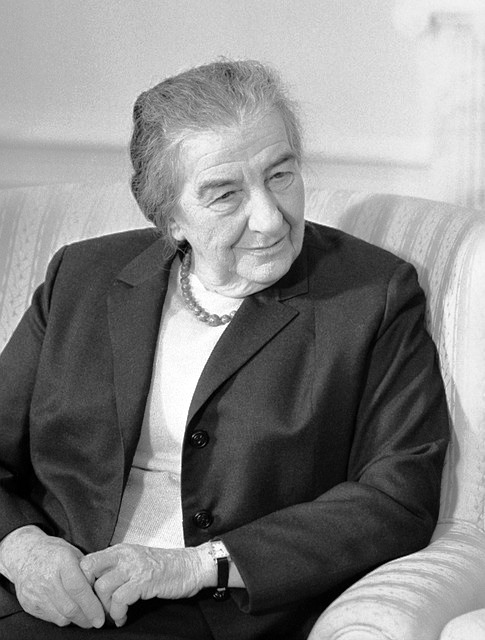
The eighth MEI Speaks held on 19 August 2020 was a book discussion by Professor Meron Medzini on his.....
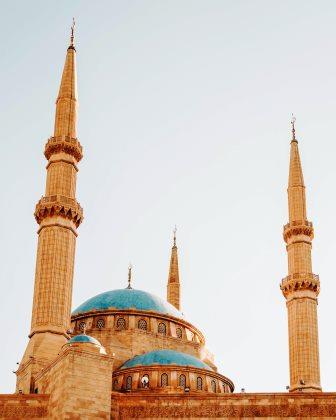
The fifth MEI Speaks held on 15 July 2020 was a talk on How Corruption Produced a Failed State in Le.....
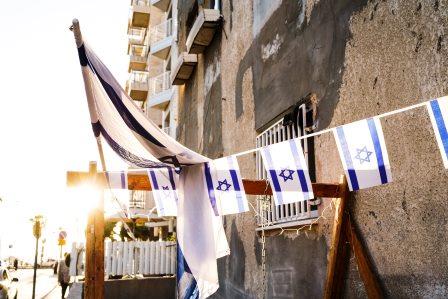
The fourth online MEI Speaks held on 8 July 2020 was a talk on Israel’s Annexation Plans by Dr.....
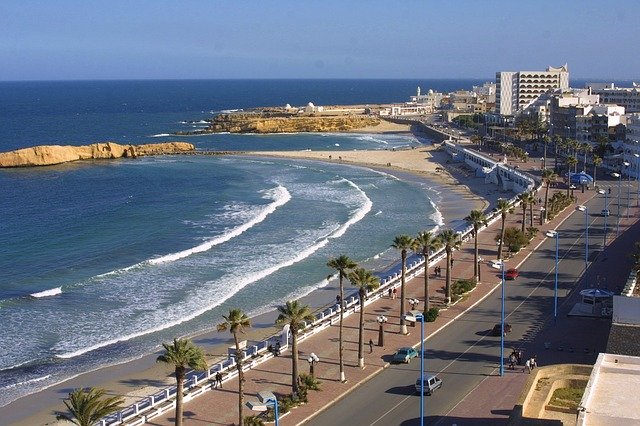
The third online MEI Speaks held on 1 July 2020 was a Discussion on Dr. Sean Foley’s Changing .....
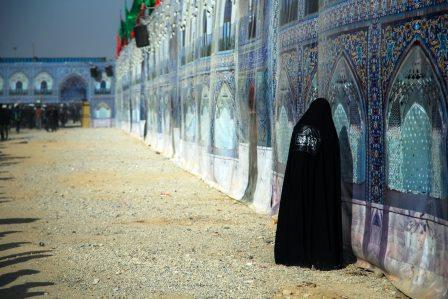
As part of MEI Speaks, the Middle East Institute (MEI@ND) organized its first online Book Discussion.....

As part of its outreach programme, on 10 June 2020, the Middle East Institute (MEI@ND) has lau.....
